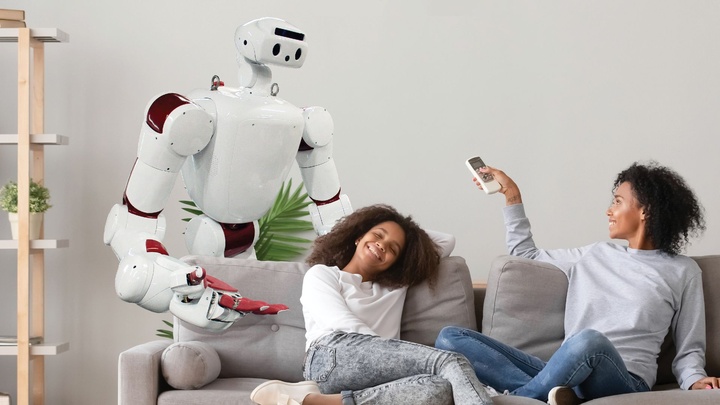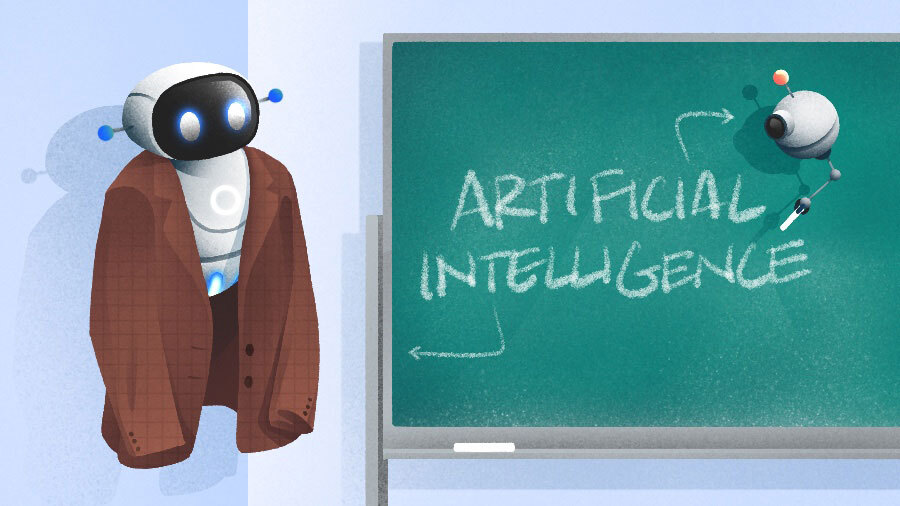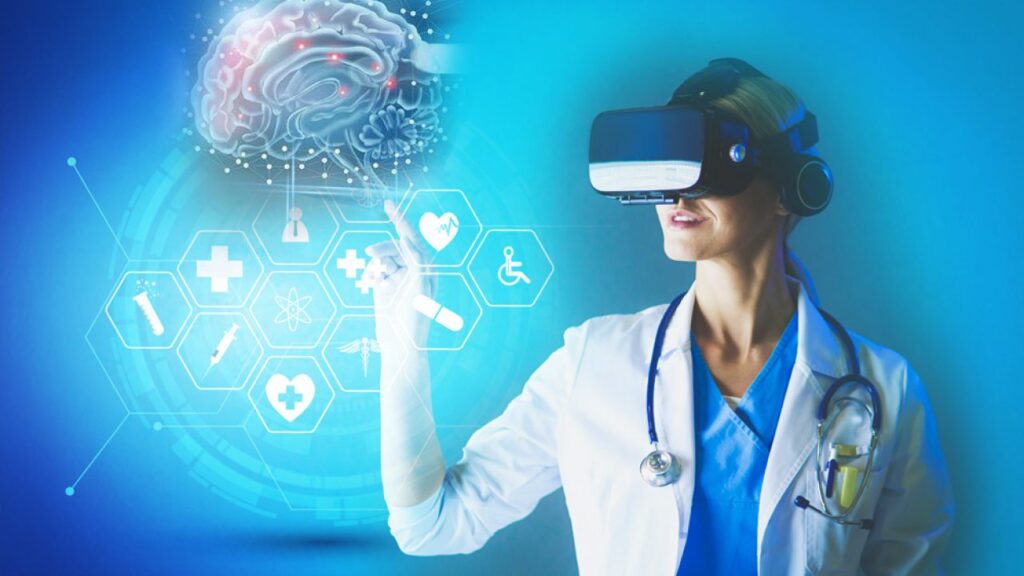Japan’s Advantest sees AI driving demand for chip testing
On Wednesday, Japan’s Advantest Corporation announced that it expects rapid use of advanced semiconductors for generative artificial intelligence (AI) applications to carry on demand for its chip testing machinery.
“We can expect rapid growth in demand. However, we still don’t have concrete visibility,” Advantest CEO Yoshiaki Yoshida told an earnings briefing.
Source: theprint.in

As the world’s interest is grabbed by the potential of ChatGPT and other solutions designed at bringing web services more sophisticated and human-like Advantest stocks have soared 36 percent this year, nearing all-time highs. The corporation anticipates that operational profit would increase by 48 percent to 170 billion dollars in the financial year that ended in March.
The industry is expected to decrease this year as a result of clients hoarding surplus inventory, according to Advantest, a global leader in chip testing machinery together with Teradyne Inc. of the United States.
“Despite the fall this year I believe we will eventually face a growth curve,” Yoshida said. Advantest shares have more than doubled in value since the start of the year.
Source: theprint.in
Microsoft, as well as Alphabet’s child company Google, are one of the first to include generative artificial intelligence into their online tools, but a competing race to establish a dominating artificial intelligence platform in the world’s biggest internet marketplace has begun in China, driven by SenseTime, Alibaba Group Holding, Group, as well as Baidu.
Also Read: Intel, Ericsson to work together on custom 5G chip
Data centers are necessary for managing and developing artificial intelligence models that power anything from smart chatbot assistants to self-driving cars. The best hardware at the moment for real-time data analysis is numerous thousands of graphics processors, which are needed to do it.
According to Bloomberg Intelligence analyst Masahiro Wakasugi, the expanding usage of AI is straining the capabilities of sophisticated packaging and chip miniaturization, increasing the possibility of production errors.
Chip tester requirement is significantly increased as a result, enabling producers to ensure product quality and performance.
Teradyne, a competing company established in North Reading, Massachusetts, is rivaling Advantest. When a client switches vendors, which is exceedingly uncommon because it requires rethinking more machinery or whole lines of production, as well as retraining people, switching testing instruments might result in an important change in market share between the two.
In a couple of years, outstanding performance Graphics Processing Unit chip testers’ global sales would probably surpass those of smartphone chip testers, according to Toyo Securities analyst Hideki Yasuda.

I am a student pursuing my bachelor’s in information technology. I have a interest in writing so, I am working a freelance content writer because I enjoy writing. I also write poetries. I believe in the quote by anne frank “paper has more patience than person





